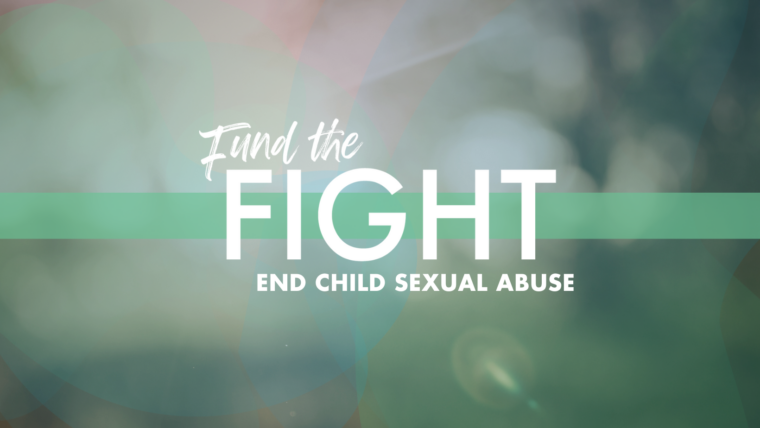As a first-time mother, I’ve spent countless hours researching the safest car seat to use, when to introduce foods and what foods to introduce, how many dirty diapers are normal, developmental milestones…you name it, and I’ve probably looked into it in order to make the best possible parenting decisions for my baby boy.
Without a doubt, one of the most stressful decisions was the search for a childcare provider. For new parents, this can be a daunting task. Staff qualifications, facility safety record, program components – it seems like there is an exhaustive list of questions to ask. And then, after all the questions are answered, we inevitably leave thinking, “What did I forget?”
One of the most critical factors in childcare safety is often one of the most overlooked: child sexual abuse prevention. Here are five questions you need to be asking potential childcare providers:
5 Questions to Ask Childcare Providers
1. How are employees and volunteers screened?
Responsible facilities will use a three-pronged method involving a national criminal background check, in-person interviews, and professional reference checks. No system is foolproof, but a thorough screening procedure can greatly reduce risk for sexual abuse.
2. What is your policy regarding one-on-one time between adults and children?
One-on-one time should be both observable and interruptible. Doors should have windows or remain open, play should be supervised and in the open, and bathroom time should be structured so children are not isolated with adults or other children.
If older youth are allowed to supervise children, the facility should be able to tell you how those interactions are regulated and monitored. Remember, 40% of child sexual abuse is by an older or more powerful youth.
3. Do you have a code of conduct for all staff and volunteers?
All organizations that serve children should have a publicly available code of conduct detailing how staff, volunteers, and older youth are to interact with each other and with children. This clarifies expectations for staff, helps avoid ambiguous situations (full frontal hugs or lap sitting), and protects children.
Positive interactions with adults are important to child development. Children need role models and a support structure, both in and outside the home. A good code of conduct actually facilitates interactions between adults and children – it encourages appropriate touch, warmth, and encouragement while providing appropriate boundaries for adult behaviors.
4. If a staff member violates the code of conduct, what disciplinary action is taken?
Code violations should result in progressive disciplinary action up to and including termination. A boundary violation is not always cause for dismissal, but it should be noted and filed in case a pattern develops. Suspicion or discovery of abuse should always be reported to child protective services or law enforcement, depending upon state requirements. A responsible facility will be happy to tell you the reporting procedure.
5. Do you empower staff to prevent, recognize, and report suspicion or discovery of sexual abuse?
Staff empowerment includes training on both prevention and reporting. Staff should know how to enforce code, protect children’s physical boundaries, and create a safe environment. Abusers look for easy targets – they look for facilities and organizations that are unknowledgeable and unprotected. A facility with effective prevention measures in place is much less at risk for sexual abuse than one without.
————————————————
So what happens if the answer to any of the above questions is “no” or “I don’t know”? If you like the facility and think it would be a good fit for your child, see if management is willing to get and provide prevention training, and to make changes to policy so that children are protected. Depending on their answer, they may or may not be the best choice for your child. Responsible youth serving organizations truly care about the welfare of the children they serve.
We can take steps as parents to protect our children from sexual abuse, but the path to get there is sometimes outside our comfort zones. The questions above aren’t the easy ones, and insisting that an organization provide child sexual abuse prevention takes courage. Despite this, keep asking and insisting. If the end result is that your child or mine is protected from ever experiencing sexual abuse, it’s well worth it.
For more questions and information, visit D2L’s Parent’s Guide for Selection Youth Serving Organizations.



Great post, Jessica! So important.
Thanks, Susan!
I like that you mentioned to ask how a childcare service screens their employees. If I am going to be leaving my son with people, I want to be absolutely sure they are reputable and professional. I am trying to find the right childcare provider for my son, and we want to make sure we choose the best. I will be sure to ask about this as we interview childcare options, thanks for sharing.